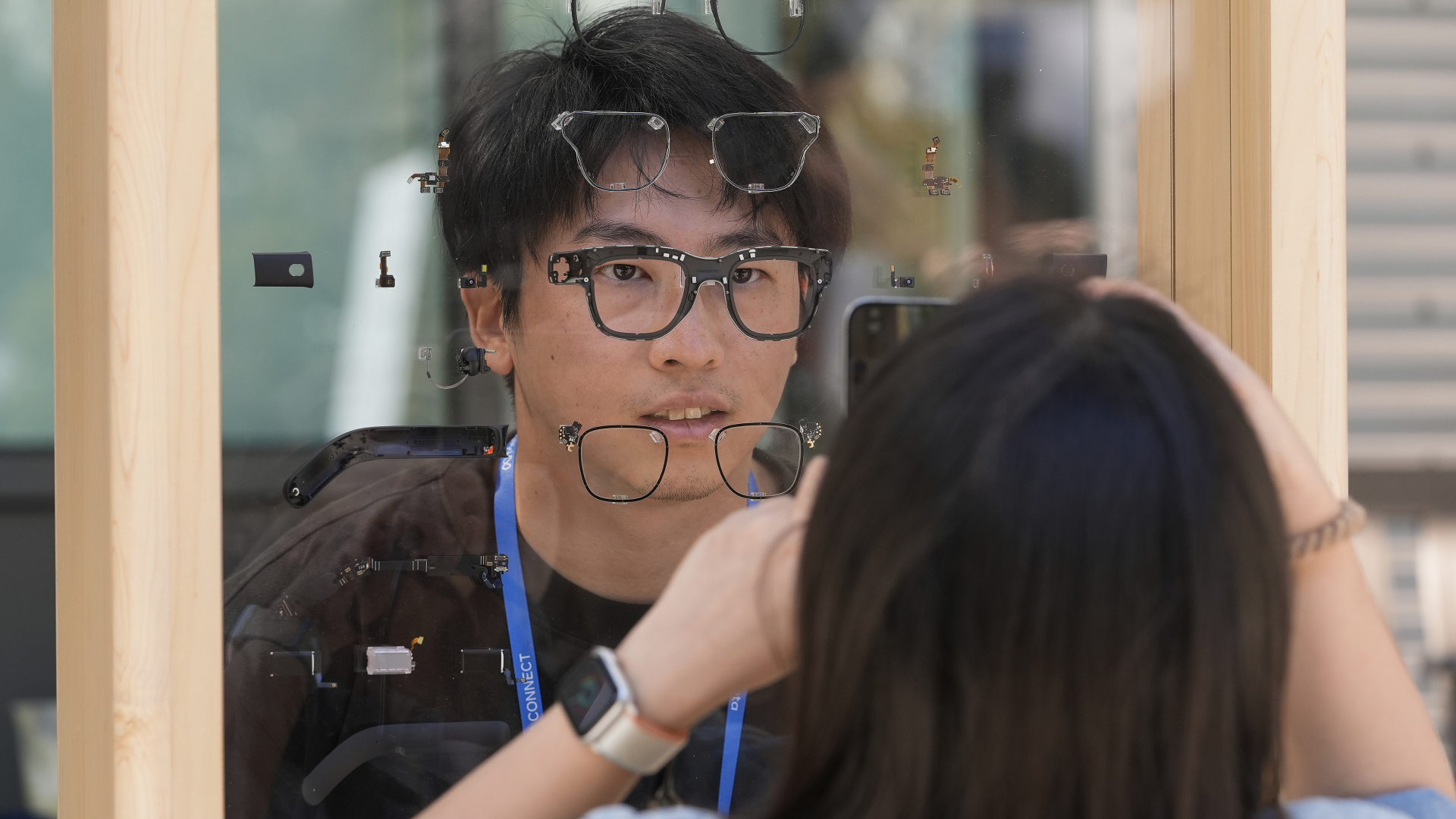Meta invests heavily in celebrity AI voices and augmented reality glasses
Meta is making significant investments in celebrity AI voices and augmented reality glasses. The tech giant aims to enhance user engagement and create innovative experiences through the integration of AI-generated voices of famous personalities and advanced eyewear technology.

During its annual product launch event, CEO Mark Zuckerberg also presented a prototype of augmented reality glasses, which he envisions could eventually serve as replacements for smartphones.
The social media powerhouse is focusing on AI along with virtual and augmented reality applications to widen its revenue sources.
Nonetheless, the company faces the challenge of persuading investors about the necessity of moving away from its highly lucrative advertising-based model.
This development follows OpenAI’s contentious ChatGPT voice feature, which faced backlash for its resemblance to actress Scarlett Johansson's voice.
Meta has obtained consent from the celebrities included in its voice feature, which will be accessible on Instagram, Facebook, and WhatsApp. However, due to EU data protection regulations, the Meta AI will not be available in Europe.
Meta's AI leverages data from its vast user base, which could potentially contravene data privacy laws in Europe.
Similar to ChatGPT and Google's Gemini, Meta AI functions as an assistant that can respond to queries, generate images, compose messages, and even provide companionship.
The company reports over 400 million monthly users of Meta AI, with ambitions to make it "the most widely used AI assistant by year-end."
Critics, however, point out that many users might encounter Meta's AI by mistake, as it can easily be confused with search functions on WhatsApp and Instagram.
Big hurdle
The competition in the AI sector is intense, with Google and Microsoft at the forefront of productivity features and Apple making strides in AI-capable phone software.
These advancements require significant resources, affecting company budgets considerably.
Despite worries regarding heavy investments in AI and virtual reality, Meta's profits and share prices have surged due to robust advertising performance on Facebook and Instagram.
Analyst Carolina Milanesi from Creative Strategies remarked, "when I think about AI, Meta is not necessarily the first brand that comes to mind. And their biggest hurdle is going to be privacy and trust."
Meta's new AR glasses resemble thick-rimmed reading glasses but have the capability to display holographic text messages and apps, as well as facilitate video calls in the user's line of sight.
Although the product's release is still several years away, Zuckerberg views it as a promising hands-free alternative to smartphones.
Additionally, the company is investing in its Ray-Ban Meta smart glasses, designed to function as earphones, capture photos and videos, and will soon include live translation features, according to the company.
Camille Lefevre for TROIB News
Discover more Science and Technology news updates in TROIB Sci-Tech












